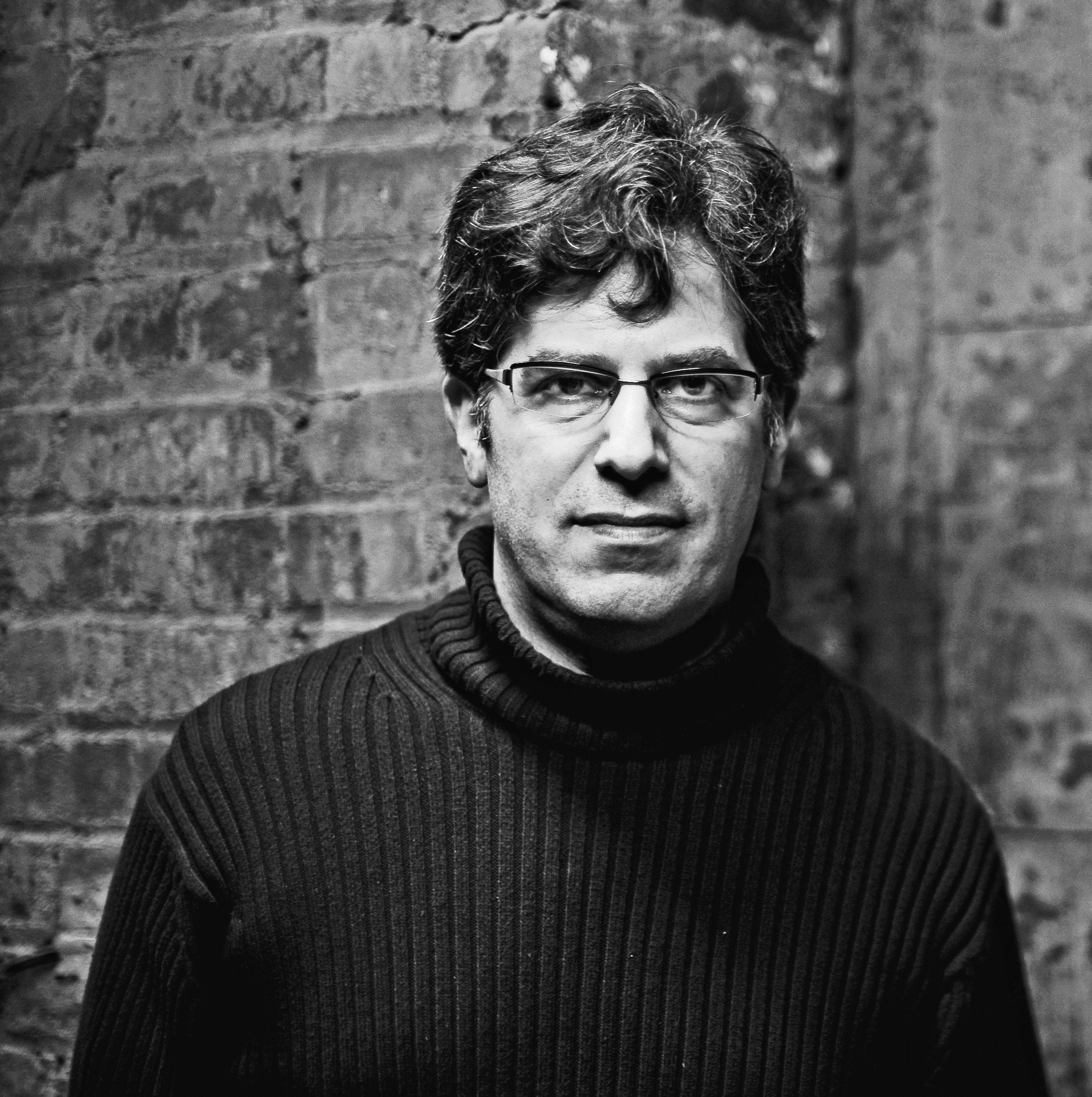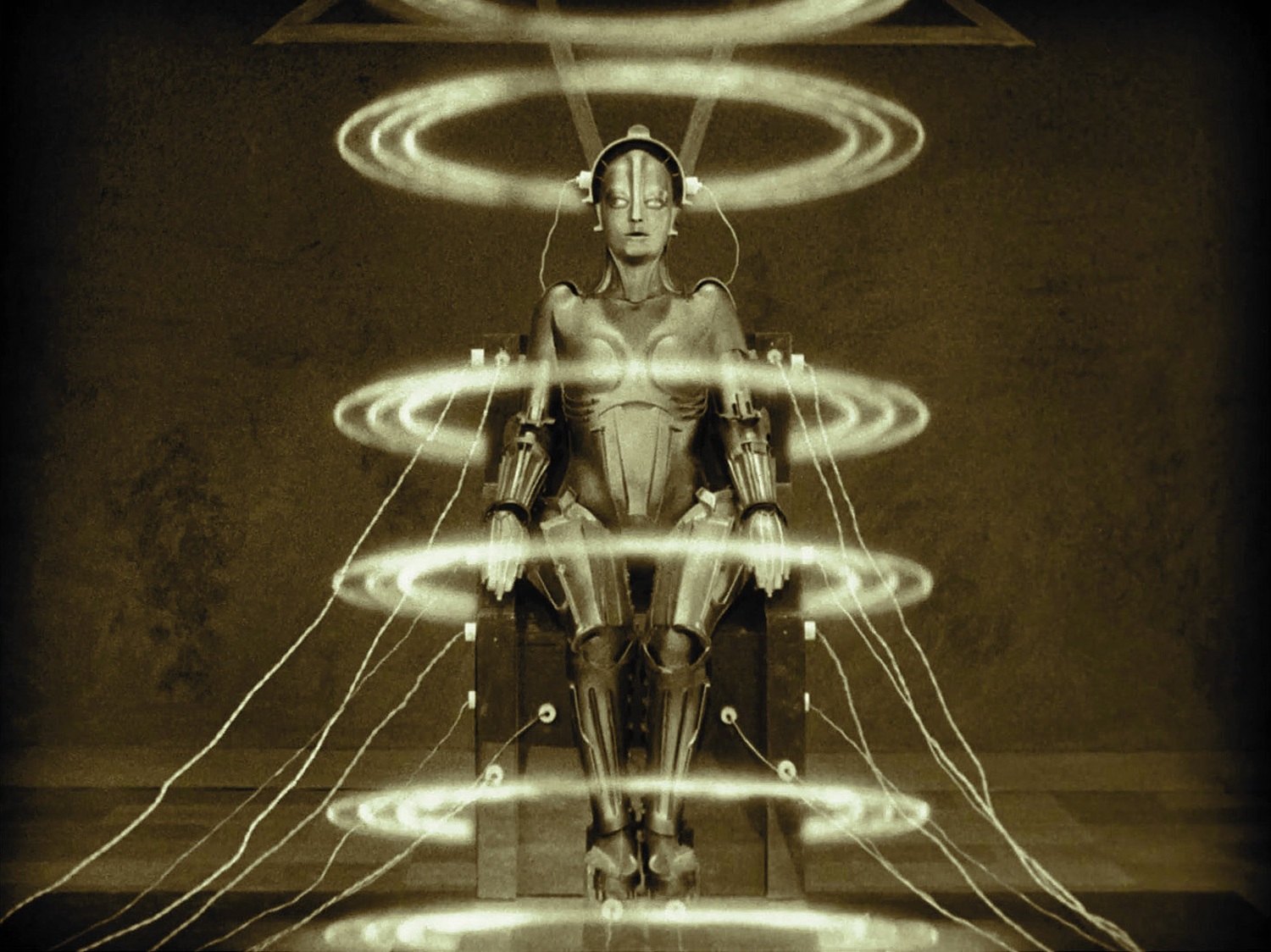WEDNESDAY, SEPT. 18
Frank Marshall
The great thing about music you don’t like is how other people can have a completely different response to it. Today in America, heavy metal seems a hopelessly outdated genre reserved for angry, pimply teens and bald guys with gray ponytails. It’s music for white malcontents. But in Botswana, as revealed through the lens of South African photographer Frank Marshall, there’s an avid and unlikely following for Pantera, Metallica, and Slayer—along with touring metal bands from Johannesburg. That’s how Marshall, a metal-head himself, discovered the scene in Gaborone (Botswana’s capital) while following bands on the concert circuit. The fans he portrays in Renegades wear familiar band T-shirts and leather attire, but the cowboy hats and huge belt buckles also speak to outlaw traditions and the gunslingers of the American West. They’ve borrowed and adapted these imported codes, forming a tight-knit circle of pride. These renegades are as much about fashion as music, and you see traces of Mad Max, Marlon Brando in The Wild One, and possibly even Dennis Hopper in Easy Rider. Their dress modes may seem passe here, but the old metal tropes are revitalized in Botswana, with traces of Afrofuturism, too. Metal is usually considered a conservative musical form, but these fans point in a different direction. (Through Oct. 2.) M.I.A Gallery, 1203 Second Ave., 467-4927, m-i-a-gallery.com. Free. 11 a.m.–6 p.m.
BRIAN MILLER
Seattle Fringe Festival
Revived last year after nearly a decade’s dormancy (like cicadas, perhaps?), the Fringe Fest is back with five days of short-form mayhem on four Capitol Hill stages. All are within walking distance of one another, so you could potentially see several shows a day, making the $125 pass quite a bargain. With performers chosen by lottery, the lineup is delightfully random. Topics include a couple meeting every few decades at the grocery store; families dealing with the diagnosis (or misdiagnosis) of autism among their kids; and that old perennial, online dating. On which subject: If you go to enough shows, you may make the acquaintance of some comely fellow theater-lovers. Your first date could be the next evening’s performance. (Through Sun.) Annex Theatre, Eclectic Theater, Northwest Film Forum, and Richard Hugo House. $10. See seattlefringefestival.org for schedule.
BRIAN MILLER
THURSDAY, SEPT. 19
Jonathan Lethem
Dissident Gardens (Doubleday, $27.95) is an apt title for Jonathan Lethem’s latest novel. The book spans three generations and 70 years of radicalism, from the communist ’30s to the Occupy movement, each character blooming, maturing, and then—as is the cycle—decaying to give life to the next generation of dissidents. Following World War II, Rose and Albert Zimmer are brought together by their shared communist affiliation. But the party sends Albert to East Germany to work as a spy, leaving Rose and their daughter Miriam to survive in Queens, where the two eventually move to the planned community of Sunnyside Gardens. Unlike much of Lethem’s oeuvre, this novel doesn’t play with the form via unexpected genre twists. It’s a long, intimate, and straightly told family portrait, a credit to an author who began his career writing sci-fi and detective novels. Himself the son of an activist mother, Lethem has an intimate understanding of the toll that radical politics can take on a family. When Miriam considers her uncompromising mother, Lethem writes: “Rose would never die precisely because she needed to live forever, a flesh monument, commemorating socialism’s failure as an intimate wound.” Seattle Central Library, 1000 Fourth Ave., 386-4636, spl.org. Free. 7 p.m. (Also Ravenna Third Place luncheon, $35, 1 p.m.)
MARK BAUMGARTEN
Lola Arias
After 1973’s U.S.-supported military coup in Chile came the brutal dictatorship of Augusto Pinochet, a 17-year reign of terror. Though Argentinian, the artist Lola Arias commemorates that era with her El Ano en Que Naci (The Year I Was Born). Those lost Pinochet years correspond to the birth years of her stage performers in a piece that also includes videos, old letters, cast-off clothing, and rock music. A hybrid of historical documentary and fiction, El Ano assembles Chilean non-actors whose parents were killed, tortured, or disappeared under Pinochet’s rule. Arias has worked with this template before in My Life After, in which young Argentinians investigate that country’s own past dictatorship. Again her goal is for the younger generation to reconstruct the past and understand their present. (Through Sun.) On the Boards, 100 W. Roy St., 217-9888, ontheboards.org. $25. 8 p.m.
KELTON SEARS
FRIDAY, SEPT. 20
Fritz Lang Classics Restored
Fritz Lang is arguably the giant among silent-era auteurs. Metropolis and M are his landmark works, films every film lover has heard of, if not yet seen. Here’s your chance to catch both of them. Metropolis (1927) is both visually impressive—from the densely imagined cityscape to the massive sets towering over the swarming extras—and simplistic as a sociopolitical portrait. The recent digital restoration, with 25 minutes of rediscovered footage, offers enriching dimensions lost for years. The 1931 M is arguably the first masterpiece of the sound era, with Lang using sound—and silence—as another expressionist tool in his arsenal. This new 2K DCP restoration features footage missing from previous versions. Much rarer, at least on the big screen, is the two-part 1924 Die Nibelungen (screening Saturday and Sunday), a magnificent silent spectacle based on the same German myths that inspired Wagner’s Ring cycle. This blood-and-thunder odyssey of warriors, dragons, brotherhood, and betrayal is a tragedy as devastating as anything Shakespeare created. Lang renders it in a mythic landscape of ancient forests, fairy-tale waterfalls, lakes of fire, and caves and crevices that look like they were hewn out of earth and rock—yet built entirely in the studios of Ufa. It is truly awesome, and this HD presentation comes from the gorgeous 2012 restoration. (Through Sun.) SIFF Cinema Uptown, 511 Queen Anne Ave. N., 324-9996, siff.net. $6–$11. 5:30 & 8:30 p.m.
SEAN AXMAKER
MONDAY, SEPT. 23
Bill McKibben
As we were reminded for the umpteenth time last weekend with The
Seattle Times’ excellent series on ocean acidification, climate change is a crisis we ignore at our peril. And Bill McKibben is one of the country’s best thinkers when it comes to framing the debate over carbon. He’s also talking about his own life in his new memoir, Oil and Honey: The Education of an Unlikely Activist (Times Books, $26), a dense account of his time in the trenches of the climate wars, where he’s served as general (aka co-founder) of the climate-action group 350.org. The failures described in the book aren’t McKibben’s fault: As we Americans continue to allow carbon to define our energy policy, accounts of unsuccessful efforts to pass meaningful legislation are inevitably anticlimactic (and oh, how many accounts there are). The fact that McKibben spends 20 pages describing an internal debate over whether 350.org should commission an ice sculpture to melt on the steps of the U.S. Capitol during a heat wave may test your patience. But it’s also an indication of how he and his fellow activists are in for a long, often tedious battle on climate change. Town Hall, 1119 Eighth Ave., 652-4255, townhallseattle.org. $5. 7:30 p.m.





